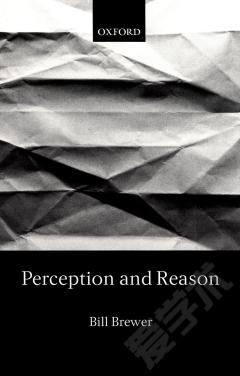Reasons and the Good
In Reasons and the Good Roger Crisp answers some of the oldest questions in moral philosophy. Fundamental to ethics, he claims, is the idea of ultimate reasons for action; and he argues controversially that these reasons do not depend on moral concepts. He investigates the nature of reasons themselves, and how we come to know them. He defends a hedonistic theory of well-being and an account of practical reason according to which we can give some, though not overriding, priority to our own good over that of others.
{{comment.content}}








 京公网安备 11010802027623号
京公网安备 11010802027623号